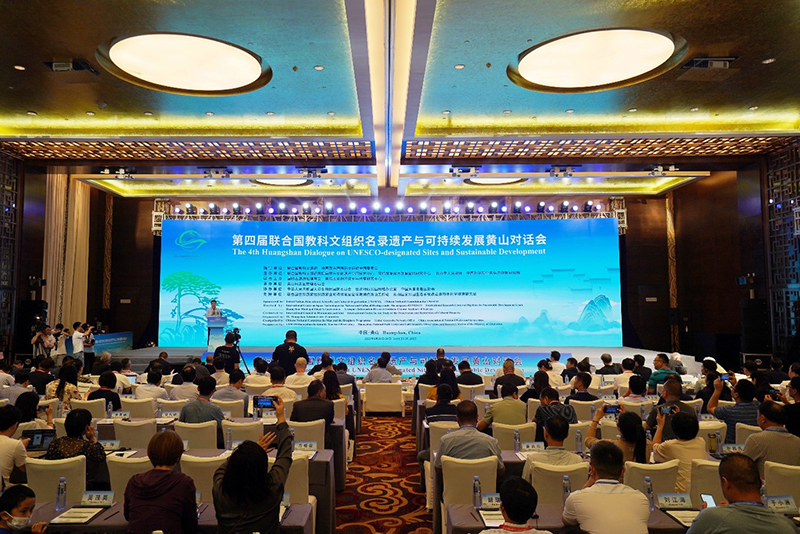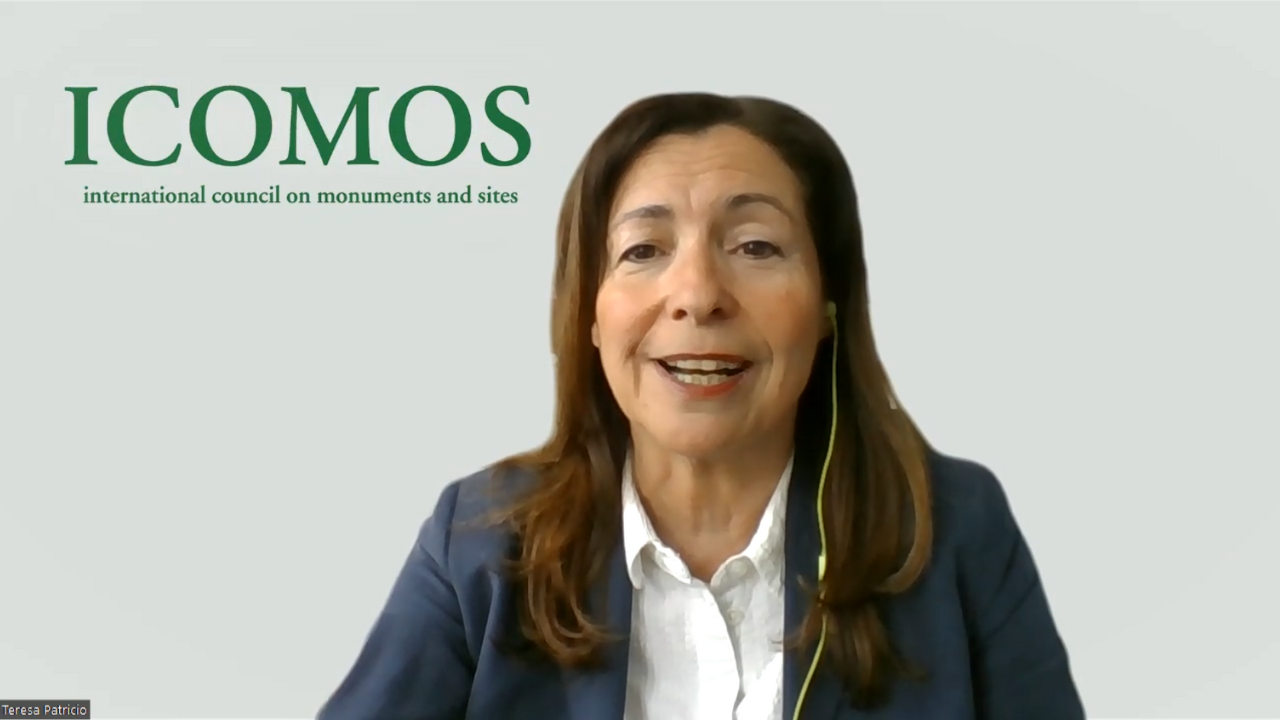Digital Technologies and Climate Action at the 4th Huangshan Dialogue on UNESCO-Designated Sites
 On 29 June, the 4th Huangshan Dialogue on UNESCO-Designated Sites and Sustainable Development took place in China. Organised by the Huangshan Municipal Government and the International Centre on Space Technologies for Natural and Cultural Heritage (HIST) under the auspices of UNESCO, the two-day event brought together over 200 participants, including decision-makers, researchers and managers from 10 international organisations and 20 countries.
On 29 June, the 4th Huangshan Dialogue on UNESCO-Designated Sites and Sustainable Development took place in China. Organised by the Huangshan Municipal Government and the International Centre on Space Technologies for Natural and Cultural Heritage (HIST) under the auspices of UNESCO, the two-day event brought together over 200 participants, including decision-makers, researchers and managers from 10 international organisations and 20 countries.
The main focus of the dialogue was to explore the application of digital technologies to enhance the sustainable development of UNESCO Designated-Sites, including World Heritage Sites, Biosphere Reserves and Global Geoparks.
 At the opening ceremony, Teresa Patricio, the President of ICOMOS International, underlined the importance of using innovative digital technologies for the sustainable use of heritage.
At the opening ceremony, Teresa Patricio, the President of ICOMOS International, underlined the importance of using innovative digital technologies for the sustainable use of heritage.
"Cultural heritage faces so many challenges — not least due to climate change, human activity and natural disasters — that we must fully harness such technology in favour of research, management, education and training, risk reduction."
Gai Jorayev, the President of the ICOMOS Scientific Committee on Aerospace Heritage, also gave a presentation and shared insights from his fields of expertise.
The 4th Huangshan Dialogue produced the Huangshan Vision, which focuses on the use of digital technologies to enable sustainable development of UNESCO-Designated Sites, and 13 recommendations on climate action for heritage conservation. These documents urge decision-makers and stakeholders to adopt appropriate mitigation measures and use best available technologies to ensure the protection and continuity of these invaluable sites for generations to come.
Photo credit: © HIST/AIR
See also![]() Teresa Patricio's opening video
Teresa Patricio's opening video
![]() 4th Huangshan Dialogue on UNESCO-designated Sites and Sustainable Development Opens in China
4th Huangshan Dialogue on UNESCO-designated Sites and Sustainable Development Opens in China
![]() Huangshan Dialogue Ends, Calls for Tech-enhanced Heritage Protection
Huangshan Dialogue Ends, Calls for Tech-enhanced Heritage Protection
